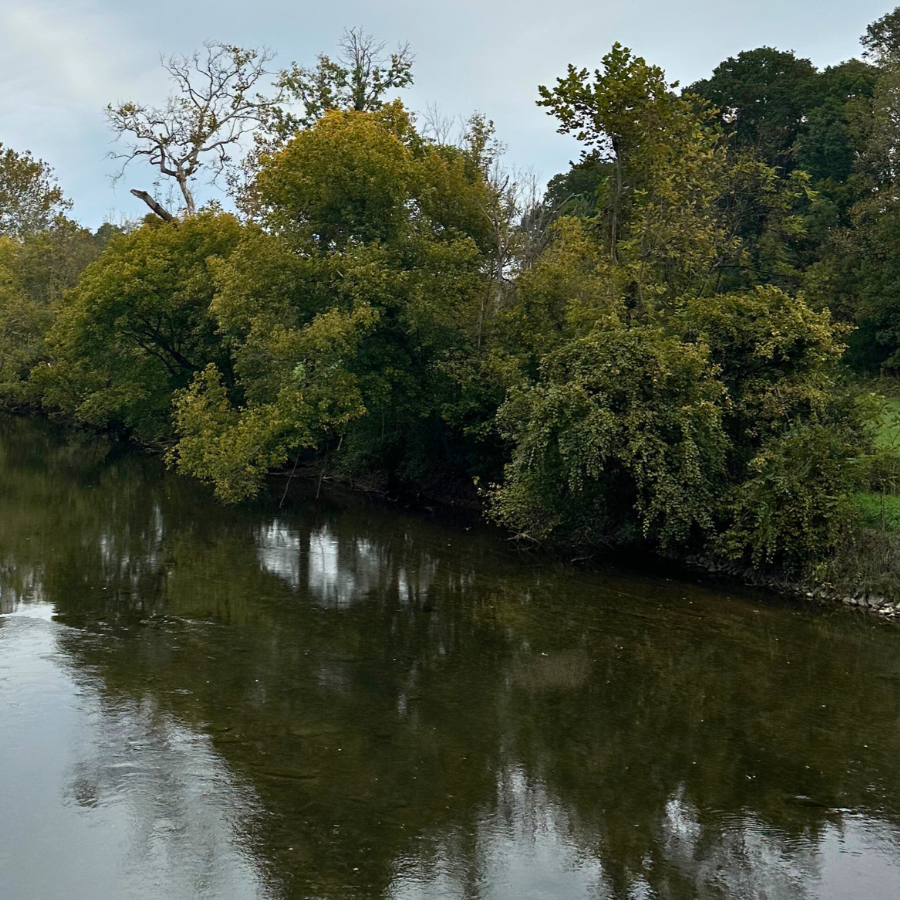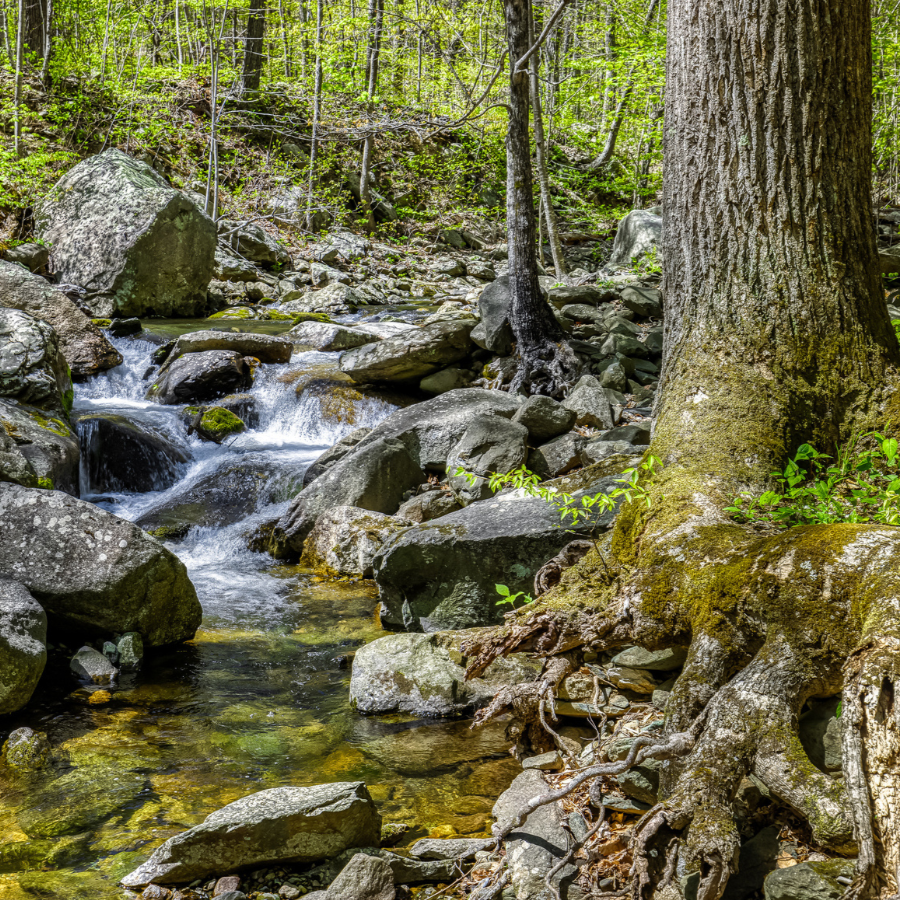Less than 50 years ago, Melody Starya Mobley became the first Black female forester. Here’s her story, in her own words.
/Melody fought through racism and sexism for her love of nature, becoming a trailblazer for young environmentalists
Melody in her US Forest Service uniform
WATCH: Melody Starya Mobley, America’s first Black female forester, in conversation with Alexis Dickerson, Potomac Conservancy’s Senior Director of Community Conservation
In 1977, Melody Starya Mobley became the first Black female forester in the US Forest Service. She traveled throughout the United States and internationally, performing a wide range of forestry tasks. But her path as a trailblazer was filled with obstacles: During her time as a forester, Melody faced racism, sexism, assault, and harassment from her peers and superiors.
A varied career spent exploring and forging new pathways
“I started in 1977 with an intern program… it was wonderful. I did recreation; fire; silviculture, which is how you grow trees, essentially; logging; supertree seed collection, where I would climb up 150 or 200 feet on those old-growth trees to collect seeds from the cones… I was in the Cascade Mountains, and it was beautiful. Those are my favorite memories of being in the Forest Service, the views I got to put into my memory and carry with me forever.”
Once established at the Forest Service, Melody advocated for herself as she pursued more challenging and rewarding roles: “They knew that they were going to lose me if they didn’t give me something where I could use my brain, so then I got to do genetics and tree improvement. I laid out four progeny test sites, where you collect seeds that are from trees that are phenotypic, with characteristics that you can see… [then] I went to Southern California and I did forester information specialist work, where I would write news articles and work with the media as a public affairs forester. Then I went to Northern California as an assistant district ranger, doing all line officer work…
From there, I went to Florida… I was a timber management assistant, and I worked with wildlife, finally, and I really loved it there. But there was a promotion that [opened] here in DC… It’s a GS-13 position, which means you automatically get promoted to a GS-13, and I was selected.”
The dark side of Melody’s forestry career
CW: sexual assault
“I had spoken out a lot about the unfair treatment of women and people of color, people with disabilities, LGBTQIA+ people, and so much discrimination [in the US Forest Service]. So the Forest Service was starting to get uncomfortable with me, and I was being treated very badly by my colleagues and my supervisors. I started filing EEO complaints, Equal Employment Opportunity complaints. I’m only allowed to say they were successfully completed. But I was retired when I was only 46 years old; I’m not really allowed to say too much about that. That was part of the settlement agreement, I can say that. But at 46, I wasn’t ready to retire, so I was very upset. I developed clinical depression from working in a hostile work environment for so many years.”
“I was assaulted physically more than 10 times in my career with the Forest Service. I was raped when I was only 20 years old. I was knocked into a partition so hard that it fractured a bone in my back. I was thrown into a lake at night with alligators around, the water was over my head, and I couldn’t swim, and I was finally rescued by my crew, but they never should have done that. My supervisor said it was just ‘boys being boys,’ simple hazing, but it was completely inappropriate. I was assaulted physically by a director of an entire agency under the USDA, putting his hands on my breasts. I had my uniform shirt ripped open more than once and I was continuously told Black women are good one for thing, and that’s sex. Completely demoralizing treatment.”
Leading the way into a brighter future
“I’m so passionate about supporting young people, getting them outside and interested in careers in natural resource conservation. They need to see people who look like them to know that they can do it.
I just turned 67. Until my dying breath, I will be taking youth out in the woods, or out in the desert to see the vegetation there, or whatever it might be, and just to grow that love of nature within them.”
Despite the pain and turmoil of her time at the US Forest Service, Melody is a shining light in the environmental movement, speaking up for young people and BIPOC. She provides mentorship for many people in the environmental field and consistently volunteers with youth to share the joys of nature with them.
















